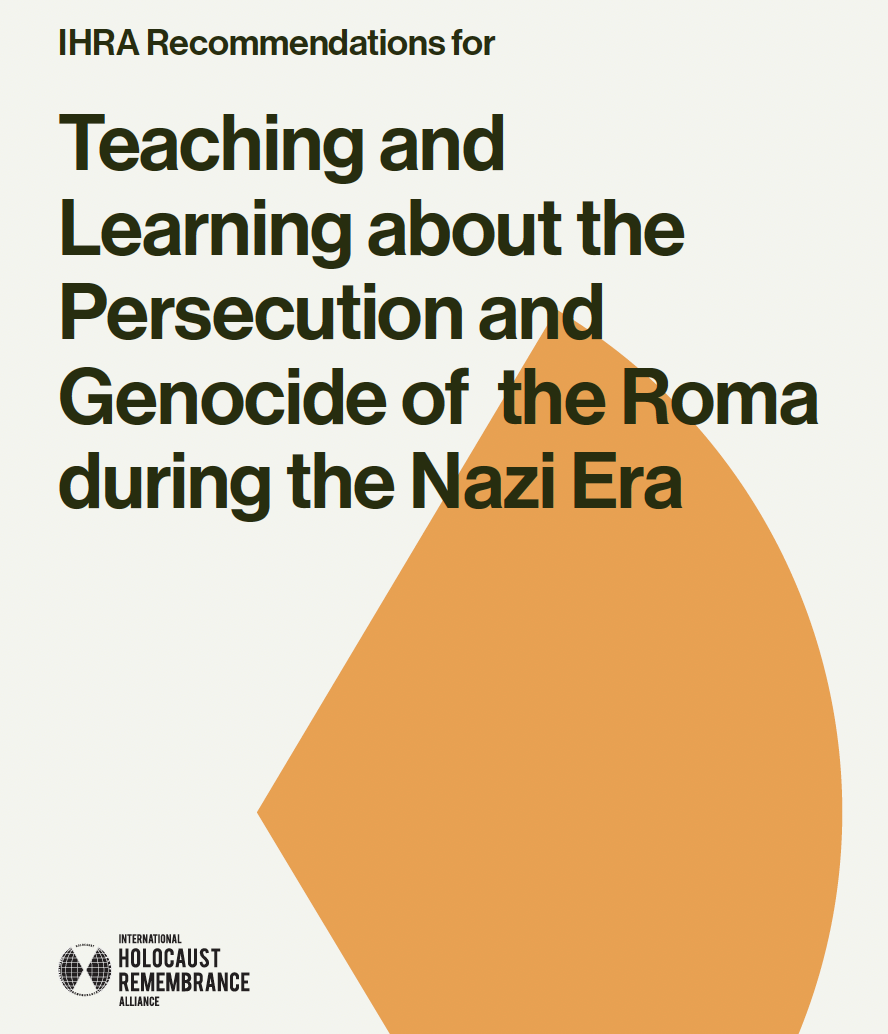IHRA Recommendations for Teaching and Teaching on the Persecution and Genocide of the Roma during the Nazi Era
The IHRA Recommendations for Teaching and Teaching on the Persecution and Genocide of the Roma during the Nazi Era were created as a result of four years of collaborative work by an international expert group, Roma organizations, national delegations of IHRA member states, and representatives of the United Nations, UNESCO, the Council of Europe, OSCE/ODIHR, FRA and others. Miško Stanišić led the work on creating the recommendations as the head of the project tasked by the IHRA Committee for the Genocide of Roma.
The recommendations were officially adopted at an extraordinary meeting of the IHRA heads of delegations on November 13, 2024. Thus, the Recommendations were formally accepted by the 35 IHRA member countries. At a ceremony on 5 December 2024 in London, the Recommendations were launched and presented to the international public in the presence of officials, ambassadors, heads of IHRA delegations, representatives of the United Nations, UNESCO, the Council of Europe, the OSCE/ODIHR, as well as both houses of the British Parliament.
The recommendations aim to provide policymakers, teacher trainers, and educators – including school teachers, museum educators, memory culture workers, and civil society educators – with a fact-based educational framework, which will serve to raise awareness and deepen knowledge about the history of the genocide as well as contemporary antigypsyism.
Implementation of recommendations in the Republic of Serbia
After the official adoption, the Republic of Serbia, as a full member of the International Holocaust Remembrance Alliance (IHRA), is committed to supporting and implementing the Recommendations.
The first step is undoubtedly the translation of the Recommendations into Serbian. We hope that the Ministry of Education of the Republic of Serbia, with the support and in coordination with other ministries that are in charge of implementing international obligations arising from Serbian membership in the IHRA, the protection of human and minority rights, and the culture of remembrance, i.e. the Ministry of Foreign Affairs, the Ministry of Culture, the Ministry of Labor, Employment, Veteran and Social Affairs, and the Ministry of Human and Minority Rights, find a way to provide funds and translate this vital document as soon as possible so that we can start presenting it to relevant actors in formal and informal education, museum and other actors of memory culture, journalists, media professionals, civil society actors, and of course, the Roma communities.


